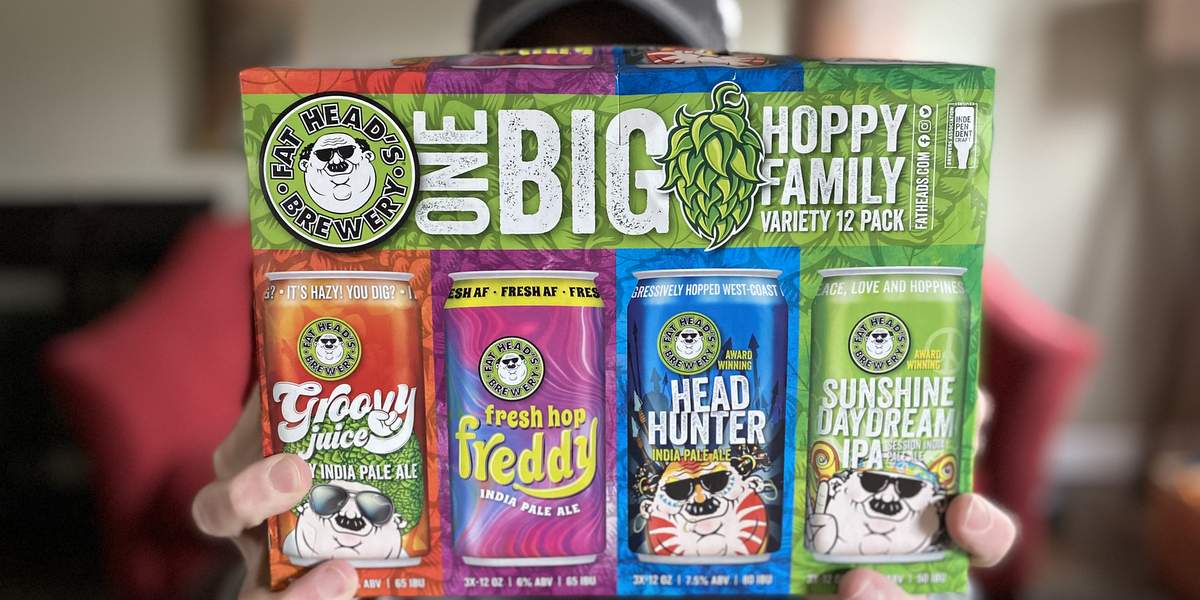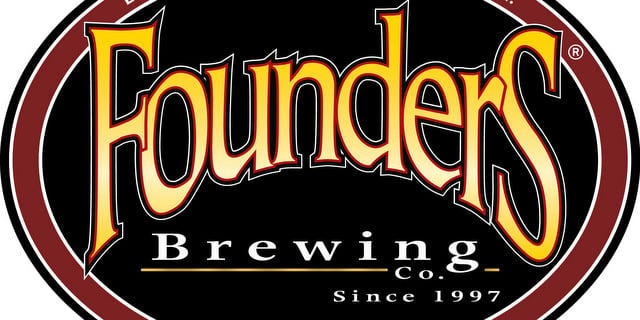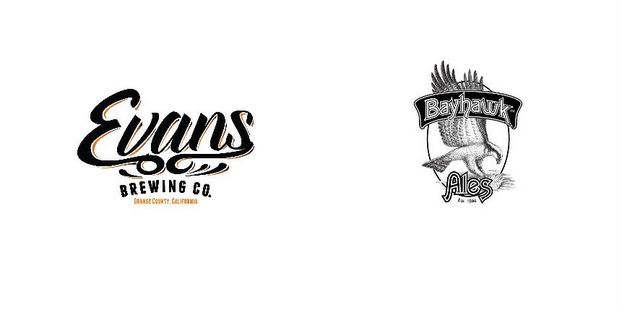
Craft beer is at a turning point in the history of the industry. Craft beer has grown dramatically (about 20% in 2014) during a time when overall beer consumption has increased only 0.5%. This has changed everything — from rethinking inventory management in the retail trenches to an explosion of products and services used by craft breweries to simplify, innovate and improve their operations.
The sustained success of craft beer and the changing demographics of brewery ownership have also led to more mergers and acquisitions (M&A) and liquidity transactions involving craft breweries. While the debate rages among craft beer drinkers as to whether M&A is good or bad for the industry as a whole, these kinds of transactions have changed the contours of the marketplace (e.g. distribution, competition, pricing, advertising, etc.) and set precedents for future deals. Those whose business is beer must pay attention to the quickly shifting trends to remain competitive and maintain an appropriate business plan.
In the year since my July 2014 article (an overview of liquidity transaction structures and considerations for craft breweries), the following notable transactions have been completed or been announced:
- Duvel Moortgat – Firestone Walker (July 2015)
- Odell Brewing Company ESOP (July 2015)
- Left Hand Brewing Co. ESOP (July 2015)
- Logsdon Farmhouse Ales – Uptown Market LLC (July 2015)
- Lucid Brewing – American Sky Brewing (June 2015)
- SABMiller – Meantime Brewery Company (May 2015)
- Enjoy Beer LLC – Abita Brewing Co. (April 2015)
- Full Sail Brewing Co. – Encore Consumer Capital (March 2015)
- AB InBev – Elysian Brewing (January 2015)
- Bayhawk Ales – Evans Brewing Co. (January 2015)
- Founders Brewing Co. – Mahou San Miguel (December 2014)
- Green Flash Brewing – Alpine Beer Co. (November 2014)
- AB InBev -Ten Barrel Brewing Co. (November 2014)
- SweetWater Brewing – TSG Consumer Partners (September 2014)
- Southern Tier Brewing – Ulysses Management LLC (September 2014)
- Uinta Brewing – The Riverside Company (August 2014)
- Harpoon Brewing ESOP (July 2014)
There has been more than one transaction per month, a significant uptick from the frequency of transactions in prior years. This article surveys these transactions and discusses how they fit into the larger picture of the craft beer market and the landscape of corporate transactions within it.
Duvel Moortgat – Firestone Walker
The most recent transaction to be announced and likely the largest deal on this list is the merger between Belgium-based Duvel Moortgat with Firestone Walker. The deal has been unofficially estimated at $250 million and is likely the most significant transaction since the AB InBev acquisition of Goose Island in 2011.
This is not another story of a brewery conglomerate gobbling up a small brand. Fresh off the heels of Duvel Moortgat’ s acquisition of Boulevard Brewing in January 2014, this collaboration will allow for production of Duvel’s three U.S. brands – Firestone Walker, Boulevard and Ommegang – out of brewing facilities based in California, Missouri and New York. As other breweries have expanded their reach into other markets by breaking ground on new production facilities across the country (or even across the Atlantic), this transaction serves as an example that may become a template for others looking to produce beer in multiple states and diversify their beer style and brand portfolio.
The deal also reflects a new paradigm for the beer industry – the largest U.S. craft breweries have the financial resources and sophistication to do business with the largest beer companies on an even playing field. There are 14 craft breweries in the United States that had greater production than Firestone Walker in 2014 (excluding Duvel Moortgat USA). As the beer industry continues its trajectory toward hyper-localization of beer production and retail consumption, these breweries and others will begin considering transactions of this nature more frequently, with different ownership groups coming together to manage breweries in different geographic regions and cross-market their brands.
Odell Brewing Company ESOP
While craft beer M&A has been hot over the past year, using an Employee Stock Ownership Plan (“ESOP”) for succession planning and liquidity provides many unique business and tax advantages for craft breweries. Odell Brewing Company’s ESOP was structured as a minority ESOP, with 19% of the total ownership sold by the existing owners to the employee-owned trust.
As discussed in my July 2014 article, the ESOP by Odell Brewing Company (and Left Hand Brewing Co., as discussed below) continues the ESOP trend for breweries in Colorado in particular. While breweries certainly have other options at their disposal to recruit and retain the best talent, this transaction provides more evidence that ESOPs are especially considered in areas where nearby breweries have already made the jump to being “employee-owned”. The Odell Brewing ESOP, as with the Harpoon transaction earlier this year, exemplifies an ESOP transaction where existing owners used an ESOP for liquidity while maintaining majority ownership of the outstanding shares and control of the business.
Left Hand Brewing Co. ESOP
In July 2015, yet another Colorado brewery, Left Hand Brewing Co., elected to use an ESOP for liquidity rather than sell equity to a third party. The company announced the transaction as a means to “reward employees and foster an ownership mentality”, while contrasting the deal against the “buzz of big-beer buyouts”.
The Left Hand Brewing Co. ESOP, perhaps better than any other, exemplifies that breweries are using ESOP transactions as heavy marketing and public relations tools regardless of the ESOP’s size. The structure for this transaction, which was a sale of only 15% of the stock to the employee trust, has been trumpeted for preserving the company’s community and employee-oriented culture. Left Hand Brewing Co. also reported that before the ESOP nearly 50% of the company was already owned by existing employees, although not in ESOP form and including the shares owned by founders and executives.
ESOPs and the slogan “employee owned” improve brand equity in the minds of many craft beer drinkers regardless of whether the employee trust ends up with control, or even a significant portion, of the company’s stock. At some point, a small trust ownership won’t be justified in light of the ongoing transaction costs, but the benefits of being “employee owned” in the craft beer industry are continually pushing that needle lower and lower.
Logsdon Farmhouse Ales – Uptown Market LLC
Logsdon Farmhouse Ales, an Oregon brewery famous for its wild and brettanomyces beers, announced a sale to a new ownership group. The new group includes the local bottle shop Uptown Market and an original Logsdon investor. The deal value was not publicly announced and the parties clarified through a story on a beer blog that the Logsdon family would remain involved in the business. Given the continued interest of the Logsdon family, the deal resembles more of a growth-oriented transaction than a typical liquidity transaction, although the founding partner and brewmaster is exiting in connection with the reorganization and change in control.






RT @BeerLawCenter: Excellent summary of activity and impact >> Craft Beer mergers, acquisitions the last 12 months @CraftBrewingBiz http://…
RT @BeerLawCenter: Excellent summary of activity and impact >> Craft Beer mergers, acquisitions the last 12 months @CraftBrewingBiz http://…
RT @BeerLawCenter: Excellent summary of activity and impact >> Craft Beer mergers, acquisitions the last 12 months @CraftBrewingBiz http://…
South Carolina Attorneys At Law liked this on Facebook.
Brad Thomas liked this on Facebook.
Christopher Munzer liked this on Facebook.
Aaron Koenigseker liked this on Facebook.
Craft beer mergers, acquisition the last 12 months http://t.co/Y7cf3QgmNr
Craft beer mergers, acquisitions, & ESOPs the last 12 months http://t.co/vjjzi26nhW via @CraftBrewingBiz #untappd #craftbeer #beernews
RT @CraftBrewingBiz: Your total guide to craft beer M&As, ESOPs, liquidity transactions the last year http://t.co/JtMqmp2JHW @DorseyWhitney
RT @CraftBrewingBiz: Your total guide to craft beer M&As, ESOPs, liquidity transactions the last year http://t.co/JtMqmp2JHW @DorseyWhitney
Article of mine published today surveying #craftbeer M&A and liquidity transactions over past yr
http://t.co/cMZXUGpoPF
RT @CraftBrewingBiz: Your total guide to craft beer M&As, ESOPs, liquidity transactions the last year http://t.co/JtMqmp2JHW @DorseyWhitney
#CraftBeer #CraftBrewing #Beer #BeerBiz Your comprehensive guide to craft beer mergers, acquisitions, ESOPs and li… http://t.co/8yJvDg3pEf
Your comprehensive guide to craft beer mergers, acquisitions, ESOPs and liquidity transactions the last 12 months http://t.co/g6yvsqiDPk
RT @CraftBrewingBiz: Your total guide to craft beer M&As, ESOPs, liquidity transactions the last year http://t.co/JtMqmp2JHW @DorseyWhitney
Adam Holtvogt liked this on Facebook.
Craft beer mergers, acquisition the last 12 months http://t.co/UIR8ZFe84U via @craftbrewingbiz